When it emerged back in early November that Liverpool FC had been put up for sale, Fenway Sports Group vowed to maintain a business-as-usual approach to running the club.
Unfortunately, just three months on, that looks like an empty promise from an ownership group whose focus appears to have in fact shifted entirely to securing a hefty return on their investment.
FSG’s true feelings were underlined by a January window in which Jurgen Klopp was allowed to address just one of two glaring weaknesses in his squad on the basis of further funds not being made available until the next financial year.
You can question whether the German was wise to go for Cody Gakpo over a central midfielder in light of those limitations, but the fact he has been forced to choose at all says plenty about where the club is at.
Liverpool aren’t close to falling foul of Financial Fair Play rules and remain in rude health financially, so it can only be their owners’ desire to keep the books lean in order to attract outright buyers that is limiting spending.
It still feels like FSG’s preferred outcome at this early stage would be a full sale, even amid claims that they are leaning toward relinquishing only a minority stake.
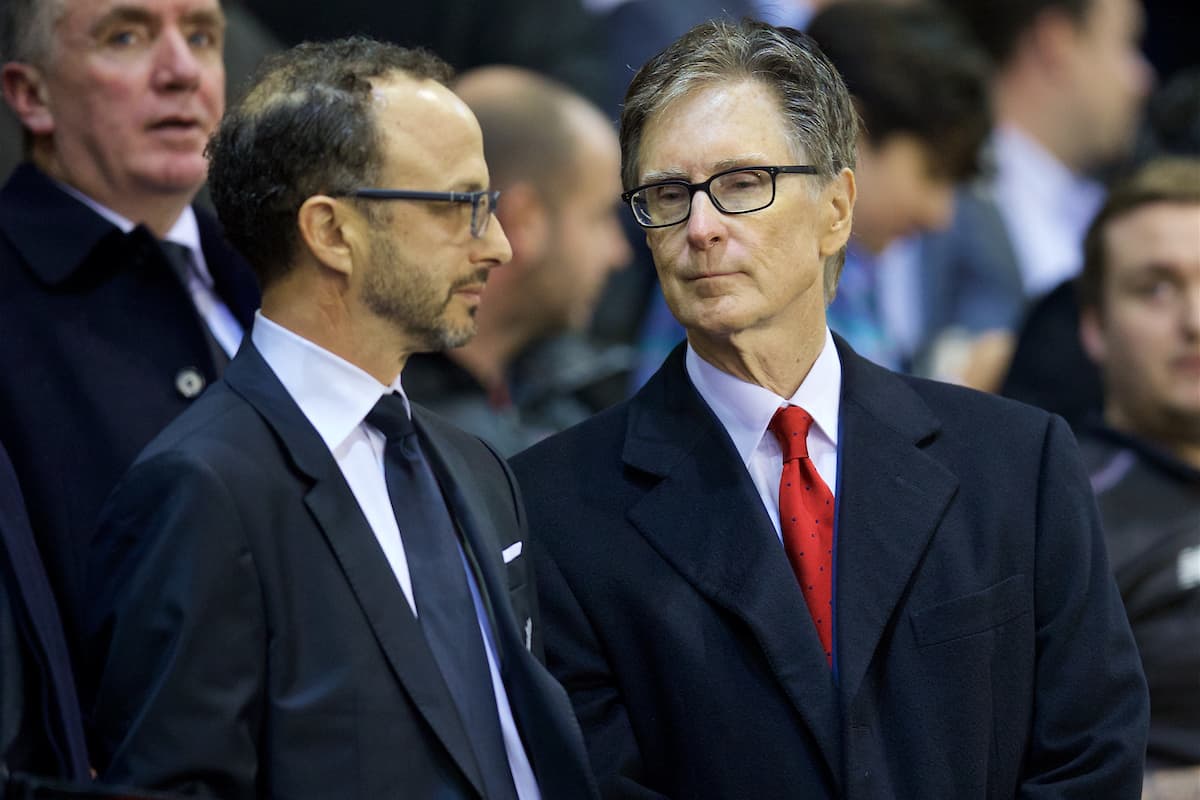
That is because, as far as external investors are concerned, the appeal of the latter option is difficult to fathom, while president Mike Gordon would not have stepped back so suddenly from day-to-day duties for such a minor change in structure.
Clues as to FSG’s true intentions can also be found in the club’s most recently published accounts, which appear to show debt repayment being prioritised over making cash available for transfers.
If this were an ownership group committed to the long term, that would not be happening, and this reality only spells out how utterly vital it is that Liverpool’s future is resolved as soon as possible.
Clearly, the Reds do not desperately need new owners willing to facilitate a Chelsea-style summer spend, the potential downsides of which have been barely discussed in recent reporting.
Nor do they need a wealthy benefactor to pump in funds through questionable sponsorship deals in order to evade FFP to boost their transfer outlay.

Rather, Liverpool simply only need to shake off the burden of infrastructure project costs inexplicably paid for through short-term debt, as well as their current owners’ desire to keep operational debt at a minimum.
These ongoing restrictions on spending are why it is only fair for fans to be sceptical that, should FSG remain in post this coming summer, Klopp will not be given the rebuild he needs.
Yes, there is a willingness to sanction a large outlay to land Jude Bellingham, but would the remainder of the squad get the attention it needs without funds being raised through sales?
That is difficult to imagine, as is the possibility of that transfer window running as smoothly as it might with a replacement for outgoing sporting director Julian Ward still yet to be lined up.
The club insist a search is ongoing to fill that crucial position, but you imagine FSG would rather leave that decision to their successors, while anyone interested in taking the job would want to know exactly what they are signing up for.

It is a precarious situation that perfectly illustrates the difficulty of preventing the current off-pitch question marks from resulting in on-pitch consequences for Klopp and his team.
Mercifully, there remains hope that some much-needed certainty will arrive before the summer, particularly with exploratory talks still being currently held with Qatari, German, US and Saudi investors interested in a buyout.
The arrival of any new ownership group would represent a major step into the unknown but, with every passing week punctuated by disappointing results, you sense the supporters’ willingness to embrace that risk is growing.
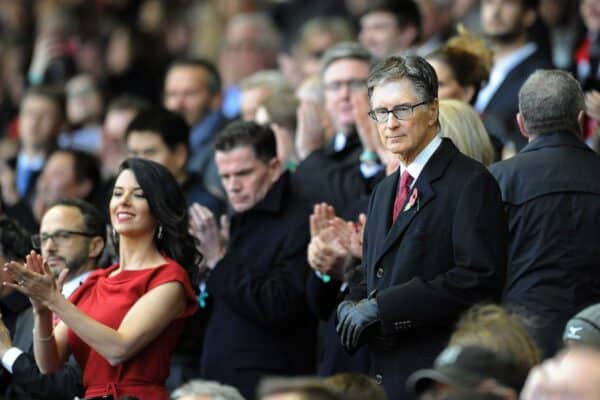






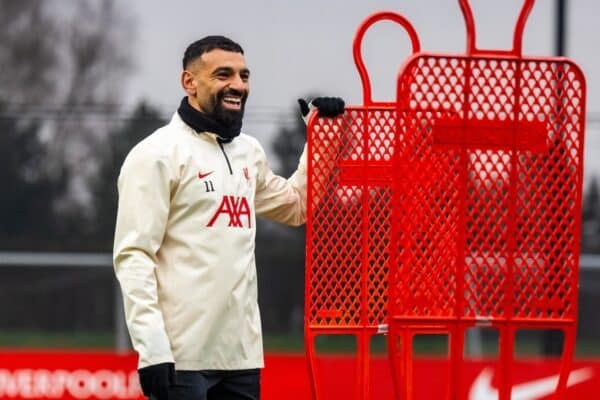
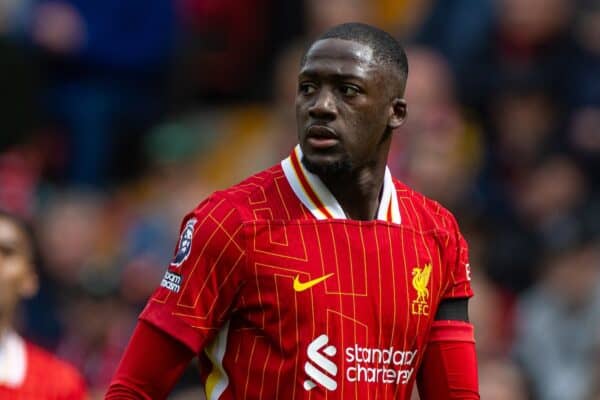

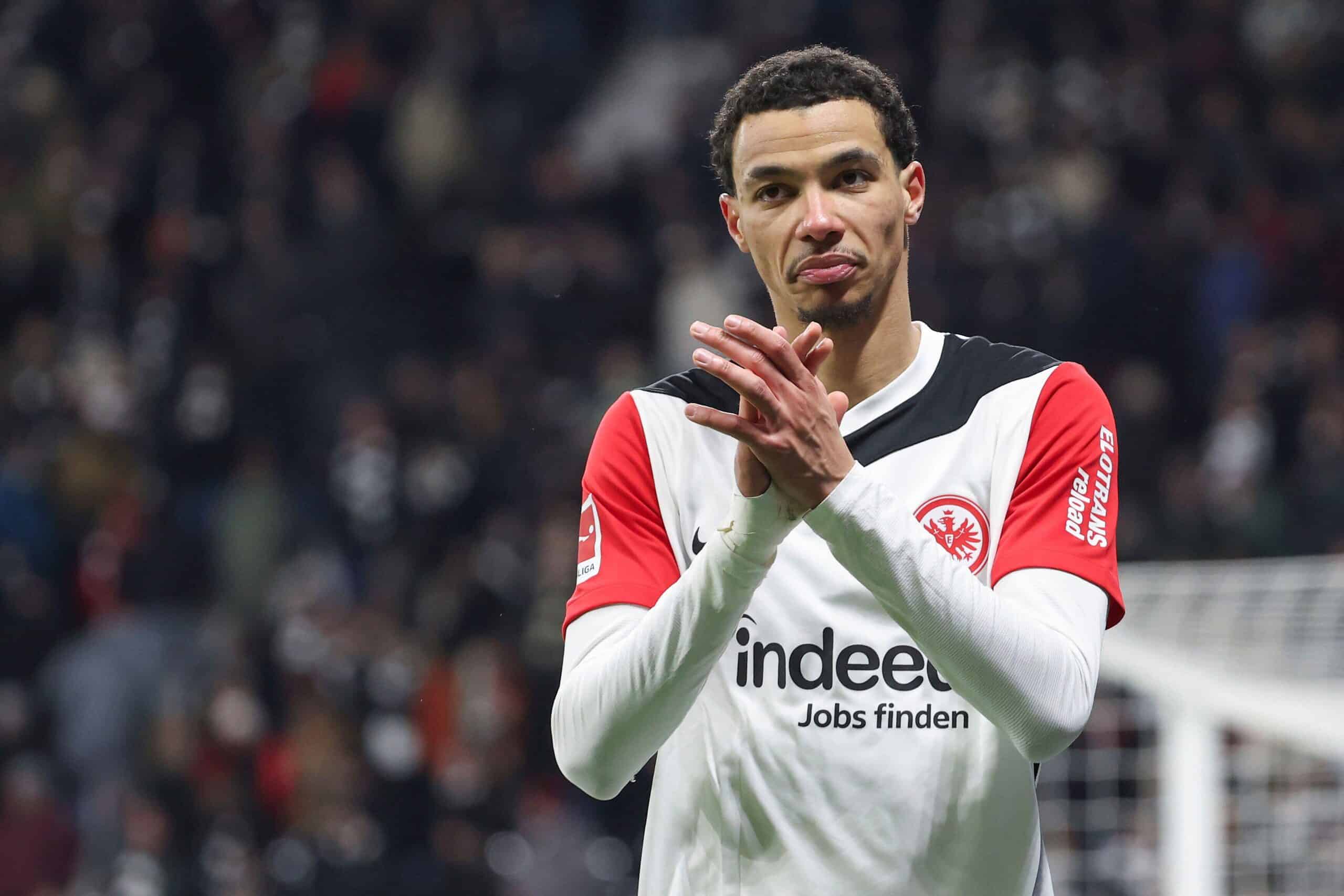
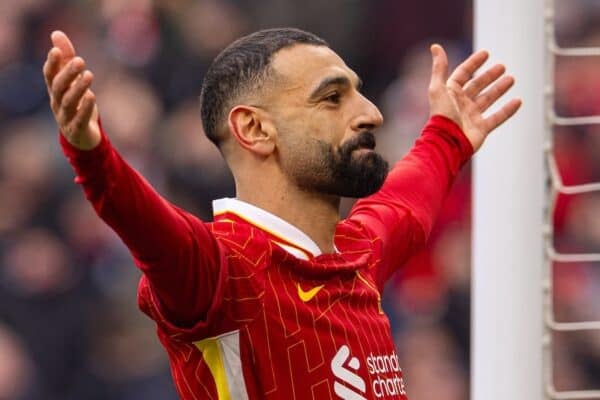




Fan Comments